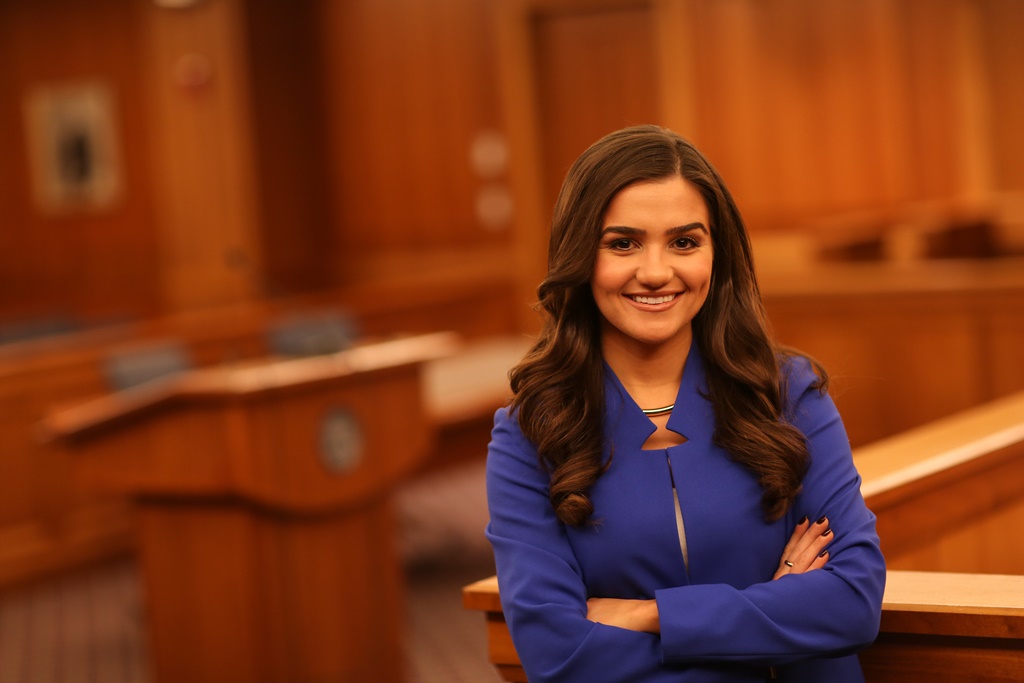By Brian Reid
Law School recruitment season is fast approaching. That means law school representatives from around the country will be traveling to a city near you for law fairs and forums. (See LSAC’s list by region). So, what does this mean for you? And, how can you take advantage of having these knowledgeable folks in your backyard?
The key is to do your homework. Come prepared with a list of questions to ask the representatives from the law schools you are interested in. Here are a 4 tips for getting the most out of law fairs – and two things you probably don’t need to ask.
Things to ask about:
1.) Location – You need to consider where you want to go to law school. Urban or rural? East Coast or West Coast? Once you’ve narrowed down the location of where you want to study and/or practice you will be able to research law schools in that area and single out those representatives to speak to at law fairs.
In addition to considering where you want to study, think about where you want to live. What is located near the school? Ask law school representatives about the area around the school, law-school specific things that won’t show up on a Google map or Yelp review. Will you be able to do an internship during your 2nd and 3rd years? Are there alumni nearby who can serve as mentors? Can you observe court in session between classes? Consider proximity to government agencies, companies, law firms, non-profit agencies, courts, etc.
2.) Areas of Focus – Ask the law school rep what you can study; are there certain areas of law that most students at that school focus their studies on; what if you want to take a little of everything – is it possible? You do not need to know what you want to study when you start law school nor do you need to “major” in anything during law school. Start to brainstorm what might interest you and look at the academic course listings at various law schools. You might be convinced that you want to study criminal law or family law but, after you’ve taken a course or two on the topic, discover that your interests have shifted. Be sure the law school you choose offers plenty of study areas and elective options.
3.) Clinical Opportunities – Ask reps about experiential opportunities available to students, because being “practice-ready” upon graduation is important for all law school graduates. Inquire about clinics, internships, and clerkships that current students are doing. Ask for examples of places where students have interned in the past? Have clinical students transitioned into successful careers after the bar examination? Brainstorm questions to discover if you will be getting experience outside of the classroom and how you will be prepared to practice law upon graduation.
4.) Professional Networks – What is the professional network like among alumni after graduation? If you haven’t heard it yet, I can guarantee that you will hear it soon – network, network, network. Building your professional network is key to landing an internship and job, so starting early is important. Ask law school representatives about built-in professional networks within their school. How involved are alumni? Are there regularly scheduled networking events with alumni? Does the career services office host networking events with people practicing in certain areas? Making sure to ask about these opportunities will certainly help to narrow down law school options.
Things not to ask about:
1.) Info easily found online – You only have a short window to meet with law school reps. So take advantage of it by not asking questions that you can just look up online. For instance, medians, bar passage rates, student body, diversity, tuition information, and a whole host of law school-specific statistics can be found with one quick Google search. (The ABA requires law schools to disclose a lot of data in the annual 509 Report.) You still can dig deeper into data. Instead of asking the percentage of diverse students, ask about affinity groups on campus and how diversity plays into the law school’s mission. Instead of asking the employment rate, ask what types of jobs alumni are landing after law school. The take away: learn the numbers before the fair and ask pointed questions at the fair.
2.) Likelihood of acceptance – A common question of prospective law students at law fairs is “Will I get in?” This is not a question we can answer on the spot. Instead, ask for more details about the application process and how admission decisions are made. What do they look for in candidates? Is work experience important to the admissions committee? What about faculty letters of recommendation? Is there something specific they would like applicants to address in their personal statement? (Remember, you can always look at the application before you go to the fair, so you’ll know if the personal statement has a prompt. You want to be asking if there is something particular you should cover within your statement.)
These tips are only a starting point! Think about what else might be important to you. Law fairs and forums are designed to put a large number of knowledgeable admissions professionals in a room to answer your questions, so make sure to take advantage. I hope to see you on the road this fall!
Brian Reid, Esq., is the Assistant Director of Admission for Suffolk Law School and a double alumna of Suffolk University.













Follow Us